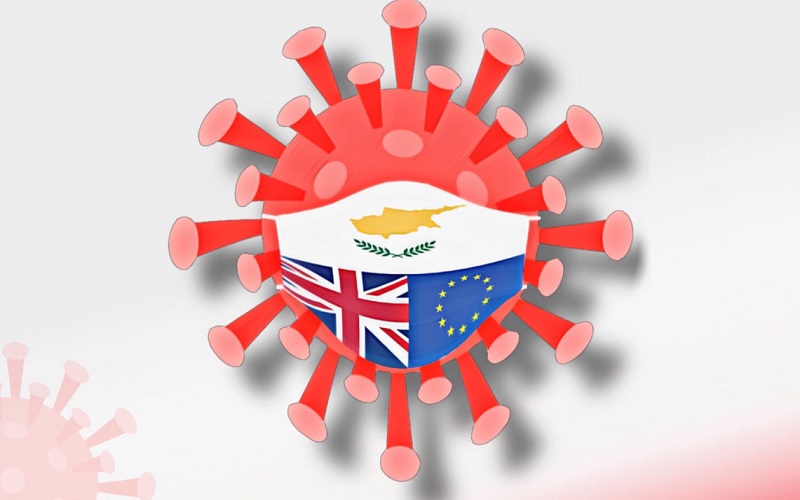An article by Prof. Stéphanie Laulhé Shaelou, Professor of European Law and Reform and Head, School of Law, University of Central Lancashire, Cyprus campus (UCLan Cyprus) and Ms. Andrea Manoli, PhD Candidate, University of Central Lancashire (UCLan), Associate Lecturer and Research Fellow, Jean Monnet Module EU-POP, School of Law, UCLan Cyprus.
Introduction
In the past months, countries across the world, no matter their size and location, have been confronted by multiple challenges due to the coronavirus pandemic. Under English law, of interest to this blog post, coronavirus and COVID-19 have distinct legal meanings. ‘Coronavirus’ means severe acute respiratory syndrome coronavirus 2 (SARS-CoV-2) whereby ‘coronavirus disease’ means COVID-19 (the official designation of the disease which can be caused by coronavirus). For the purpose of the current legal analysis, the terms ‘coronavirus’ and ‘pandemic’ will be used together and/or interchangeably in view of the declaration of the pandemic by WHO on 11 March 2020. Amid the pandemic, governments, international agencies, institutions and businesses all announced measures adapted to their needs, in an attempt to ‘flatten the coronavirus curve’ and address its tragic consequences. As blog posts of an Online Symposium and other sources reveal, extraordinary temporary measures taken at the national, European, international and/or global level entail severe interferences with freedoms and other rights, potentially at the expense of the Rule of Law. Extraordinary powers are primarily in the hands of the executive, allegedly underpinned by expert advice, scientific and/or medical, but much less so legal, with mixed results. Emergency measures have tried to preserve the sense of togetherness across the globe, including on the European continent, through rapid coordinated intervention and other emergency mechanisms, duly monitored. Unfortunately, monitoring reveals the tragic daily increase of the number of reported cases and deaths throughout the EU, the EEA and the UK. Looking at the data provided by the European Centre for the Prevention of Disease and Control (ECDC), it is striking to note the contrasting fortune of two island states in their fight with the pandemic: Cyprus with one of the lowest ratios of reported deaths per 100,000 population, while the UK record one of the highest ratios of reported deaths and of sums of cases and deaths in the EU, EEA and UK. In the second half of May 2020, the numbers have been contrasting sharply day after day, with the number of reported deaths rising in the UK while falling in Cyprus. As put by Sir Keir Starmer QC MP to the UK Prime Minister on 6 May 2020, the day of his return to the UK Parliament following his own recovery from the COVID-19 virus, ‘[t]hat is not success, or apparent success, so can the Prime Minister tell us: ‘how on earth did it come to this?’.
The present blog post proposes to tackle a number of issues, with the aim of conducting a preliminary investigation into the initial responses to the pandemic in three jurisdictions, namely the UK with a primary focus on England, the Republic of Cyprus and the adjacent Sovereign Base Areas (‘SBAs’) on the Island of Cyprus




